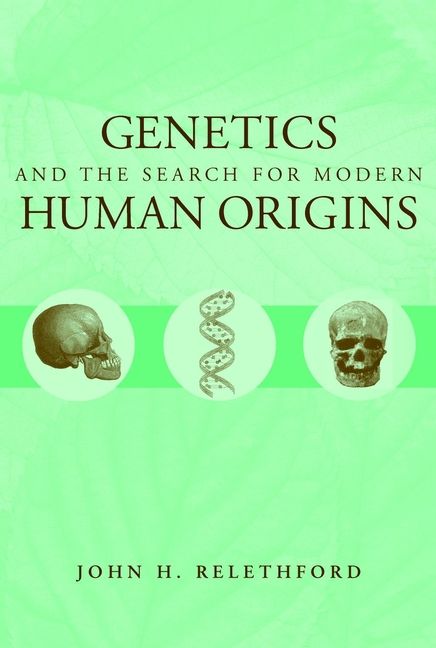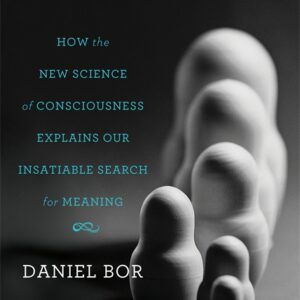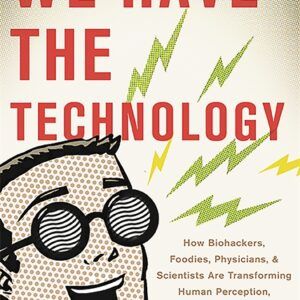A major debate in anthropology concerns the relationship betweenanatomically modern humans and earlier “archaic” humans includingthe Neandertals. What was the origin of modern humans? Did we ariseas a new species in Africa 200,000 years ago and then replacearchaic human populations outside of Africa, or are our originspart of a single evolving lineage extending back over the past twomillion years? In addition to fossil and archaeological evidence,anthropologists have increasingly turned to using genetic data onliving populations to address this question. Patterns of geneticvariation within and between living human populations are felt tocontain clues as to our species’ evolutionary history, and providea reflection of the past.<br> <br> This book reviews the modern human origins debate focusing on thegenetic evidence relating to our origins, including geneticvariation in living humans and recent discoveries of ancient DNAfrom fossil specimens. Following a brief introduction to theproblem and a review of evolutionary genetics, the book focuses ongene trees and the search for a common ancestor, genetic diversitywithin populations, genetic distances between populations, the useof genetic data to reconstruct ancient demography, and NeandertalDNA. The main point of the text is that although the genetic dataare often compatible with a replacement model, they are alsocompatible with some multiregional models. The concluding chaptermakes the case that modern human origins are mostly, but notexclusively, out of Africa.
Genetics and the Search for Modern Human Origins
₹7,983.00
This book is currently not in stock. You are pre-ordering this book.




